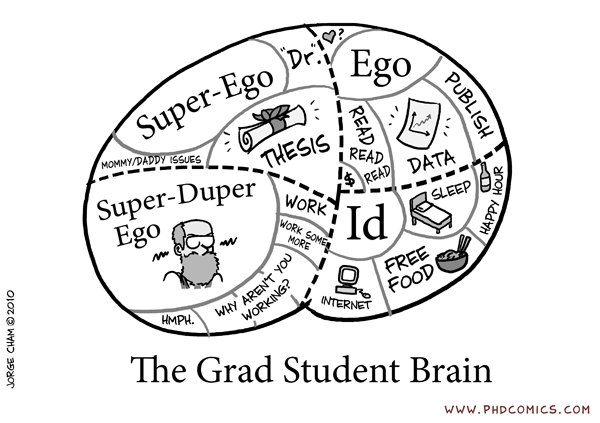I’m a PhD student, and I started teaching freshman composition last semester. Although I had initially envisioned my students tweeting and blogging, the time constraint and required rubric that the class had to follow made me realize that using these social media platforms are difficult to do in a tightly structured composition class. We did, however, maintain a class blog (visible and open to only the class) and which proved to be an effective platform — this became the students’ own created archive. I want to think through ideas on how to facilitate sustained, organic interactions among the students by, for instance, getting them to realize that reading and commenting on their peers’ posts matter. I also want to think about effective ways in which these interactions can be integrated into the classroom, thus creating a bridge between online and offline spaces — inside and outside the classroom (also: the idea of publicness; how the classroom itself is a public space, etc). In a way, these questions are inspired by Edward Said’s essay on “Professionals and Amateurs,” which I have been thinking about a lot. Said talks about “an activity fueled by care and affection,” and about “love for and unquenchable interest in the larger picture, in making connections across lines and barriers, in refusing to be tied down to a specialty,” an idea that I find useful when considering my role as a lecturer, and in thinking about utilizing spaces where I can begin to break down some of the boundaries between instructor and students, and in getting students to start caring (and in turn being critical) about the ideas they think about and put into writing.
